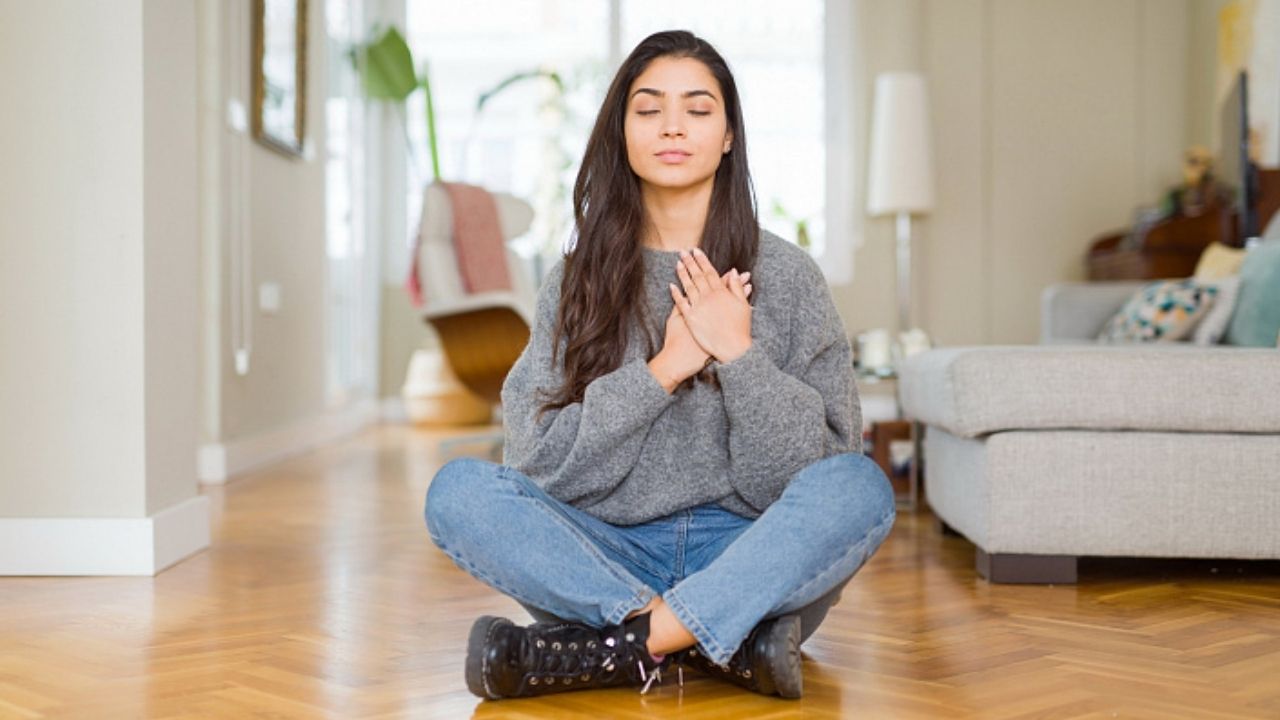Tips to reduce anxiety- Tjealousy is a common mental health problem. For example, in the United States, anxiety disorders “are the most common mental illness, affecting 40 million adults aged 18 and over (that’s 18.1% of the population a year).”
Fortunately, there are some super easy ways to help reduce anxiety.
What is anxiety
To begin with, it is important to understand what anxiety is, how it manifests itself, and what symptoms may be the reason for seeking medical attention.
Anxiety is a completely natural human experience, described as the “reaction of the mind and body to stressful, dangerous, or unfamiliar situations,” in which you experience “feelings of anxiety, anxiety, or fear” around a significant event. In ancient times, anxiety helped us “stay alert and aware” of potential danger and threat, but nowadays this instinctive response is not so necessary and has become for many a debilitating disorder.
Research has found that isolation can not only exacerbate current anxiety and depression, but it can also trigger these conditions in those who have not previously suffered from them.
Symptoms of anxiety
For those of us in forced isolation or self-isolation, it is important to know how to recognize the symptoms of anxiety.
Although anxiety can manifest itself in a variety of ways, there are several very common physical symptoms such as rapid heart rate, rapid breathing, anxiety, trouble concentrating, and poor sleep.
Anxiety can also manifest itself in more destructive conditions, including nightmares; depressing thoughts or memories that you cannot control; a general feeling of anxiety, or perhaps fear of a particular place or event.
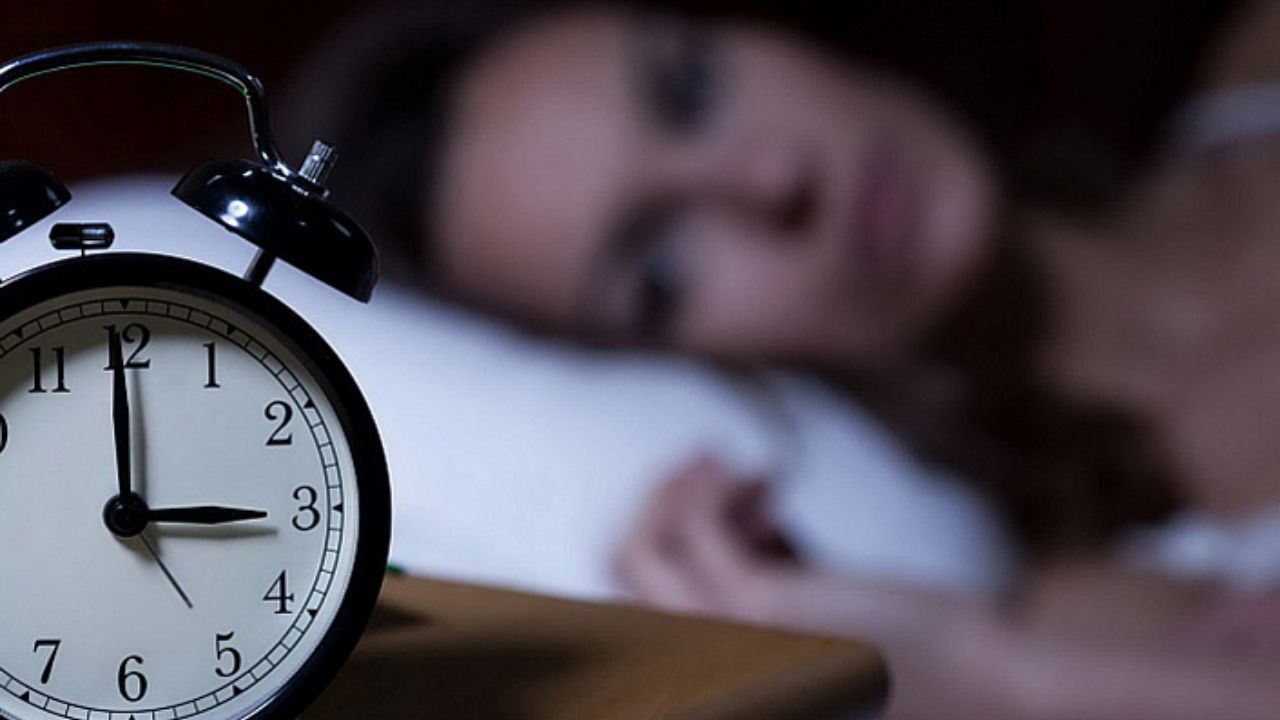
If you find yourself experiencing these symptoms, it may be time to start doing something to help yourself get over your anxiety before it gets out of hand. Unlimited anxiety that builds up and builds up can lead to more serious symptoms such as fainting, dizziness, shortness of breath, dry mouth, sweating, chills or hot flashes, numbness, tingling, and constant fear. These symptoms usually mean that you are in a state of anxiety or panic attack.
10 Tips to reduce anxiety
If you are mindful and mindful, you can detect your anxiety and take steps to help you deal with the situation. When it comes to isolation anxiety, many of the techniques and tips are very simple and do not violate quarantine measures.
1. Exercise
Exercise has long been promoted as a great way to manage both anxiety and depression. According to research from the American Anxiety and Depression Association (ADAA), exercise “is considered vital to maintain mental well-being and can reduce stress.”
Exercise increases concentration, improves cognitive function, and reduces fatigue, which combat symptoms of anxiety. In addition, exercise promotes the production of endorphins – “chemicals that act as natural pain relievers and also improve sleep, which in turn reduces stress.”
Good news! The researchers found that just “about five minutes of aerobic exercise” was enough to feel “anti- anxiety effects,” such as decreased internal tension, increased mood, and increased self-esteem.
If you have not been physically active before, then it is important to start with lighter workout options. Be sure to start them gradually, stretch your muscles before and after exercise, and do not overload yourself.
Right now, there are many free online resources for any physical layer, if you wish!
2. Healthy sleep
Over the past few years, we’ve heard a lot about how important sleep is to our cognitive abilities, mental well-being, and overall health. In fact, getting enough sleep – about 8 hours a day – can help reduce body weight, reduce overeating, improve concentration and productivity, reduce the risk of heart disease and stroke, healthier glucose metabolism, improve immune function, reduce inflammation and reduce the risk of depression, and anxiety disorders.
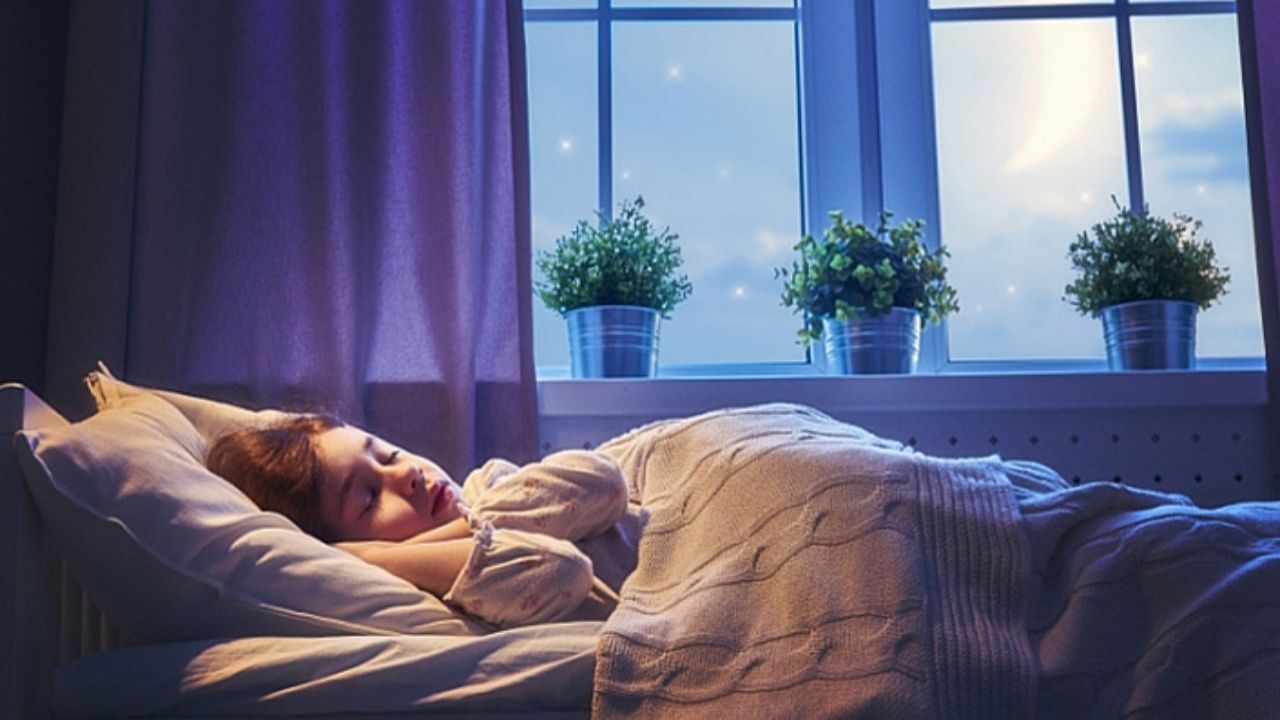
When it comes to sleeping during the current pandemic commotion, it becomes more important than it used to be.
Adequate and healthy sleep will not only reduce symptoms of anxiety, but it will also help strengthen the immune system and reduce inflammation.
Unfortunately, sleep and anxiety are in tandem: “stress and anxiety can cause sleep problems or worsen existing ones, while lack of sleep can also cause anxiety disorder.”
So what can you do?
Start with our first tip – incorporate exercise into your daily routine. Yes, being physically active every day for at least 30 minutes can help you sleep better. Also, rid your bedroom of anything that might distract you from sleep (no phones, computers, TVs, or even books).
Is your mind still racing when you turn off the lights? Try not to just lie there. If you’ve been watching the ceiling for 20 minutes or more, get out of bed and take steps to relieve your head. Put all your thoughts on paper or make a to-do list. Sit on the couch and read a book for a while.
Think of this time as retraining your mind for sleep! With that being said, it may take some time, but what do we have now besides time?
3. Eat healthy foods
Okay, so you’re stuck at home. And you probably feel uncomfortable. And you are overwhelmed with anxiety and stress. Perhaps you are even on the edge or sinking straight into depression.
This is a highly toxic combination for many reasons, but when it comes to food, it is especially dangerous. Even without self-isolation and a pandemic situation, the combination of these feelings leads to the absorption of all kinds of goodies – sweets and simple carbohydrates (such as pasta and cookies) – and, in addition, to excessive consumption of them.
It’s almost impossible to avoid!
Now more than ever, it is important to make sure you are eating right .
By wisely managing your sugar and processed food intake, while increasing the amount of raw, plant-based foods (as much as you can find in the store right now), you increase your energy, reduce blood sugar swings, manage mood swings, and help regulate your anxiety levels.

Give preference to whole grains, plant foods rich in protein, vitamins and minerals. Choose foods such as whole grains, legumes, grains, nuts, and seeds.
While there is really no shortage of fresh produce, finding them in the store can be difficult. So stock up on organic, frozen vegetables and fruits. It’s also a great time to fill your fridge with tofu. Tofu has a longer shelf life than other raw proteins, provides many other nutrients, makes you feel fuller, and makes an incredible variety of dishes.
These are just a few tips to always have something close at hand, even if you can’t find it at the grocery store!
4. Stay connected
Just because you are locked in your home does not mean that you have to give up fellowship. In fact, maintaining constant social contact with family and friends is one of the most effective ways to prevent anxiety and depression.
5. Spend time outdoors
If you live in an area where there is no mandatory isolation, take this opportunity to spend time outdoors (remembering to maintain the recommended distance when meeting other people).
It turns out there are quite a few studies showing a link between sun exposure and the severity of anxiety disorder. In many cases, lack of sunlight is associated with increased anxiety and even panic disorder. The main explanation for this fact comes down to biology. Sunlight “increases the production of serotonin as well as vitamin D levels, which play an important role in the normal health and functioning of the body, including mental health.”
6. Try meditation
This may sound especially true for those suffering from anxiety, whose mind is constantly jumping from one thought to another. Typically, without distraction, these thoughts can spiral out of control simply by exacerbating the condition.
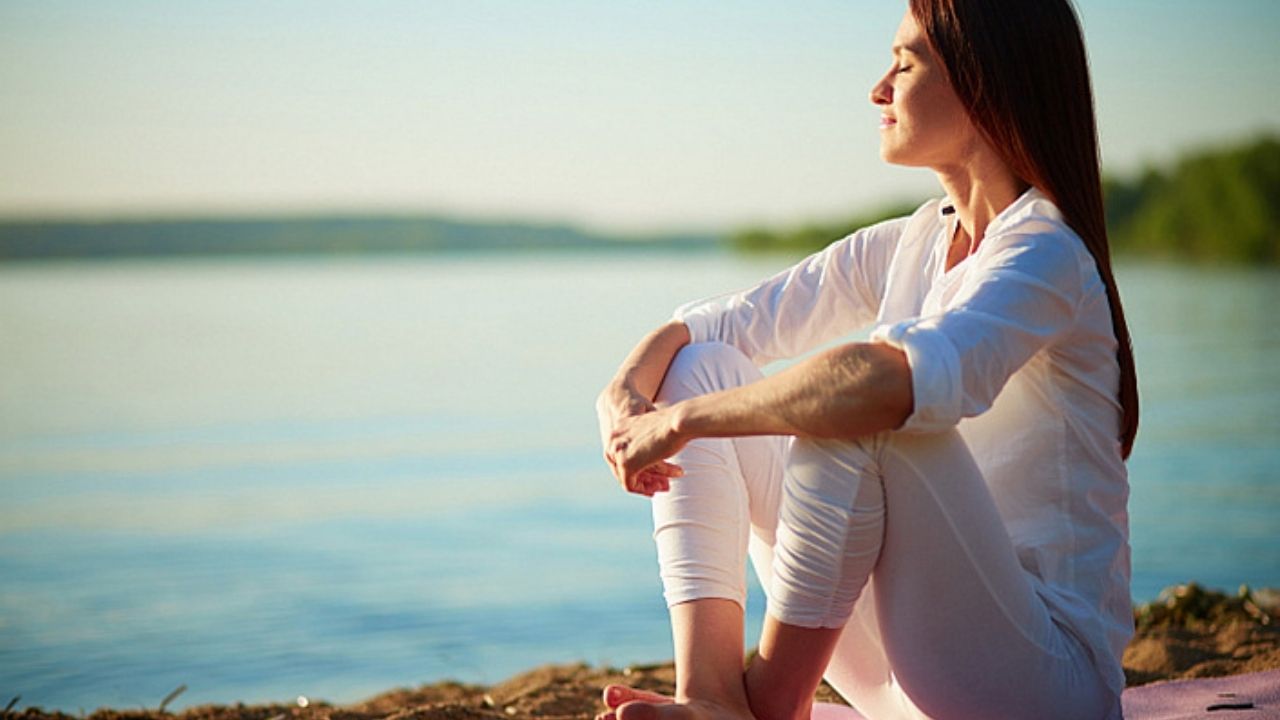
With that said, if you have the time to learn a good meditation technique, it can help relieve anxiety symptoms. A study published in the respected medical journal JAMA Internal Medicine found that “meditation can help you cope with anxiety, depression and pain . ” According to Dr. Madhav Goyal, author of the study and a fellow at the Johns Hopkins School of Medicine, it doesn’t even take long-term practice to reduce anxiety symptoms. In their analysis, participants were given “about 2.5 hours of meditation practice per week,” but “permanent effects” continued to appear.
Want to try meditation? There are many online resources to help you with this!
7. Limit your viewing of the news
One of the worst habits to face right now is the obsession with pandemic headlines in the media.
Yes, it is important to be aware of the situation.
But you don’t have to constantly read these news and articles, repeating the same information that you already know. This also applies to the obsession with your personal health. Keep in mind that colds, flu and allergies still happen. Take a moment to familiarize yourself with the symptoms of COVID-19. If you feel that your symptoms match what you read, do not go online , but instead call the dedicated hotline or call your doctor.
Okay, do you want to be informed but don’t want to get stuck?
Pick one or two specific times of the day when you read new headlines. Take some time for yourself. If this is difficult for you, just set a timer. Visit only trusted websites that have valid information.
A constant news obsession will only focus you on the negativity and increase your anxiety.
8. Review your time for gadgets
Yes, our computers and phones are actually essential tools for most of us right now. Whether you work from home, distract your mind with reading, or chat online, gadgets are critical to keeping us connected.
With that said, it’s important not to overdo your screen time, which can actually lead to social distancing, anxiety, and an increased risk of depression. It’s important to choose carefully what you do with these gadgets.
Be sure to take regular breaks. Read books, play live games, exercise or yoga, clean the house, cook, or do anything other than gadget screens. Keep them out of the bedroom to help manage sleep-disturbing anxiety.
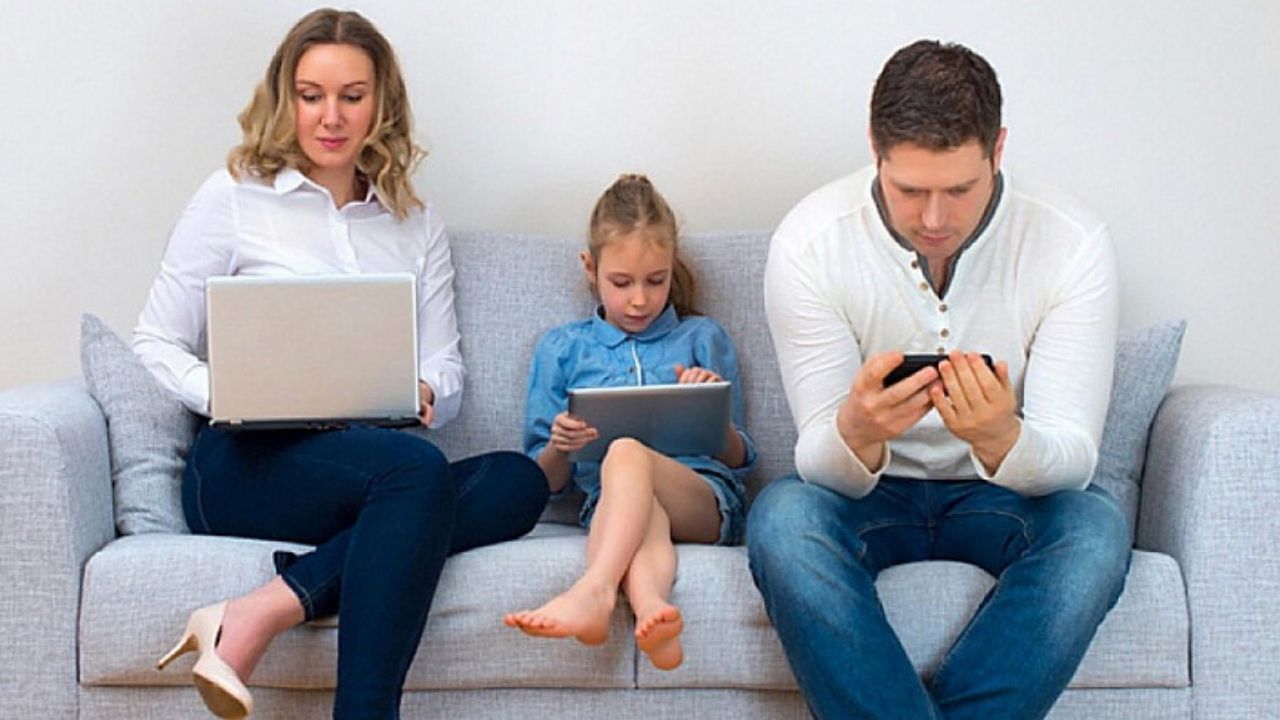
It is also important to adapt what is happening on the screens of your devices. As already mentioned, it is necessary to significantly limit the consumption of news. Stay connected without getting hung up on Instagram, Facebook or Twitter.
Instead of watching TV shows or movies, consider using your gadget to explore the outside world. Currently, there are tons of exploratory and educational virtual tours on the Internet, including museums, nature reserves, botanical gardens, and more.
9. Discover new music
It is a scientific fact that music can help reduce anxiety.
Researchers have observed and documented “that listening to music can be effective in reducing suffering in people who typically have high levels of anxiety.”
US scientists assessed 143 study participants as having “a high level of general criteria for anxiety, living with more anxiety than the average person.”
Volunteers played music along with pain stimuli. As a result, it was found that the pain syndrome was reduced.
In addition, the researchers found that “music helps reduce pain by activating sensory pathways in the brain that compete with pain signals to stimulate emotional responses and shift attention.” It seems that along with pain, music has the same “distraction” effect in anxiety disorders.
If you already have a favorite suitable music, just connect to one of the online platforms and fill your home with it.
If there is no such music, then now may be the best time to discover new music !
You can focus solely on tunes designed to reduce anxiety .
Plus, there are tons of free online venues right now offering their services to help brighten our isolation with their music with free online gigs! Check out any upcoming events you may be able to attend.
10. Create a new daily routine and follow it
Take all these anxiety reduction tips and create a new daily routine during quarantine!
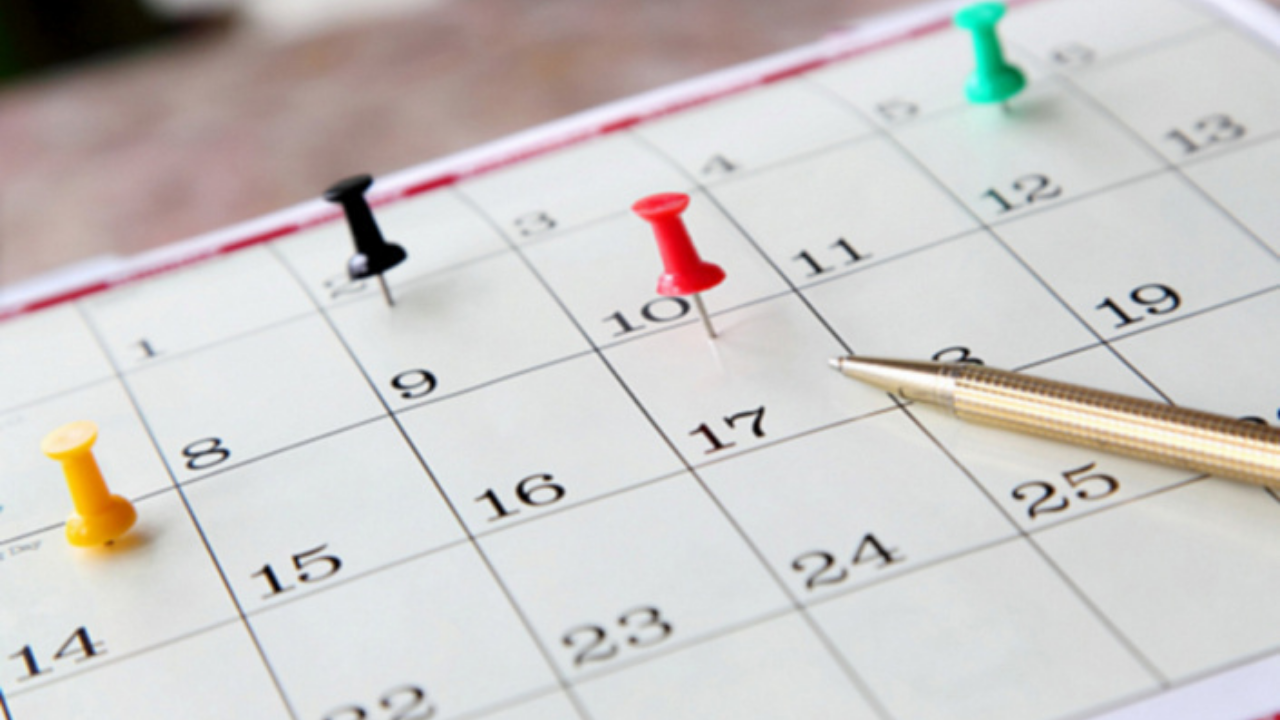
Keeping a daily routine is one of the best ways to avoid anxiety. The daily routine sets you the direction of movement for the whole day, and your mind – the opportunity to get out of all this negative information field.
Even if you may not be leaving your home, it is still important to follow a specific daily routine.
For example, a great morning routine includes waking up at a reasonable time (try not to get used to sleep every day until noon!), Making the bed, showering, getting dressed (don’t stay in your pajamas all day), and a healthy breakfast.
By completing these super easy tasks, you’ve already taken up a good chunk of your morning. Perhaps you can include techniques to reduce anxiety, such as thirty minutes of meditation or an hour of exercise before showering … Or perhaps a morning phone call to a family member or friend while enjoying a healthy breakfast.
It is also helpful to stick to your normal weekly activities. If you bought groceries on Wednesdays, then do it on Wednesdays now. If you did your laundry on Sundays before, do your wash on Sundays now. If you usually clean the house on Thursdays, then clean the house on Thursdays. If Saturday was your day off, go ahead and include fun activities on Saturday that you don’t do the other day. This will save your week from monotony, and also save you from the tedious waiting “when will it all end.”
While it may be tempting to “fall into a more sluggish lifestyle,” it will set your thoughts in an even more negative way. Also, sticking to a more or less normal daily routine now, when we eventually get back to normal daily life, it will be much easier to readjust.
